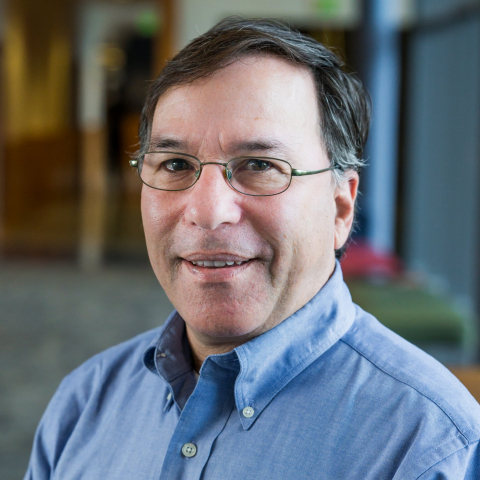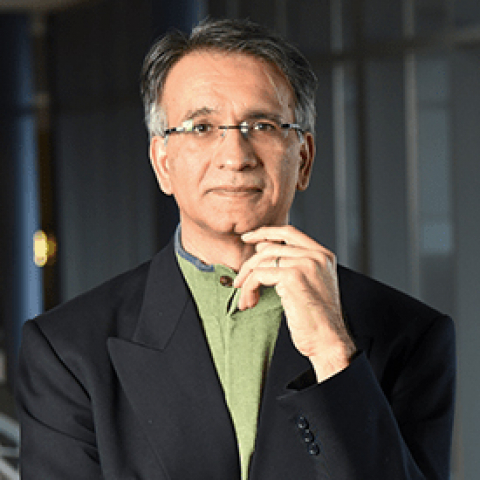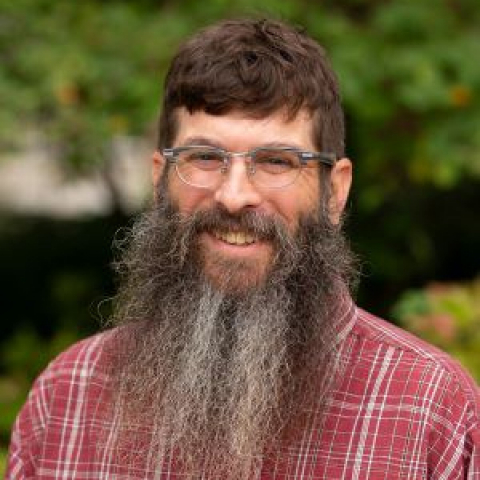People: Molecular Toxicology
Adam Glick
Emphasis Area Representative, Cancer Biology; Professor of Molecular Toxicology and Carcinogenesis;
The role of Transforming Growth Factor-beta in cutaneous inflammation and cancer development, and how the immune system responds to epithelial cells with activated oncogenes such as Ras. Signaling pathways that regulate senescence of premalignant epithelial cells and how cells escape from oncogene-induced senescence.
Joshua Gross
Assistant Professor of Nutrition and Biobehavioral Health
Cellular- and transgenic mouse model-based approaches to investigate the molecular mechanisms of G protein-coupled receptor (GPCR) signaling and trafficking in the pathophysiological contexts of obesity, eating disorders, and metabolic disease.
Xiangming Ji
Associate Professor of Nutritional Sciences
Metabolic studies in the airway epithelium, spanning from normal cells to at-risk epithelial cells, and ultimately to cancer cells.
Vivek Kapur
Associate Director, Huck Institutes of the Life Sciences; Huck Distinguished Chair in Global Health; Professor of Microbiology and Infectious Diseases
The basic mechanisms by which pathogenic microbes successfully infect, colonize, and cause disease in their hosts.
Joshua Kellogg
Emphasis Area Representative, Molecular Toxicology; Assistant Professor of Veterinary and Biomedical Sciences
Development of new metabolomics tools for chemical and biological characterization of complex systems. Discovery of new natural products from plants and microorganisms with novel bioactivity against pathogenic fungi and neglected tropical diseases. Bioanalytical techniques to probe the mechanism of action and basic biology of these target organisms. Ethnobotany and indigenous knowledge surrounding plant-based medicine.
Joshua Lambert
Professor of Food Science
Dietary polyphenols in prevention of obesity and fatty liver disease; efficacy and mechanisms of action of food-derived phytochemicals in prevention of lung cancer; biotransformation, bioavailability and potential hepatotoxicity of dietary phytochemicals
Impact of food and medicinal plants and phytochemicals on human health. Role of plant genetics, environmental factors, agronomic practices, and post-harvest processing in moderating the relationship between medicinal and food plants and human health
Melanie McReynolds
Huck Early Career Chair in Biochemistry and Molecular Biology; Assistant Professor of Biochemistry and Molecular Biology
The biochemistry behind aging and its intersection with stress, with the long-term goal of identifying strategies that promote healthier aging.
Andrew Patterson
Professor and Huck Chair of Molecular Toxicology; Faculty Oversight, Metabolomics Core Facility
The Patterson lab is focused on understanding the host-metabolite-microbiome axis
Anthony Pedley
Assistant Research Professor
Nucleotide metabolism in mammalian cells and human disease
Gary Perdew
Director of the Center for Molecular Toxicology and Carcinogenesis; H. Thomas and Dorothy Willits Hallowell Chair in Agricultural Sciences
Mechanisms of receptor-mediated carcinogenesis.
Jeffrey Peters
Distinguished Professor of Molecular Toxicology and Carcinogenesis
Roles of peroxisome proliferator-activated receptors (PPARs) in the regulation of homeostasis, toxicology, and carcinogenesis.
Kumble Sandeep Prabhu
Professor of Immunology and Molecular Toxicology
Molecular mechanisms by which bioactives such as selenium, omega-3 fatty acids, and other products of natural origin alter the host response and immune function in inflammation and cancer
Jack Vanden Heuvel
Director of the Center for Excellence in Nutrigenomics; Professor of Molecular Toxicology
Mechanisms of action of hypolipidemic drugs and peroxisome proliferators; steroid hormone receptor-mediated signal transduction; signal transduction by lipids and fatty acids; receptor-mediated carcinogenesis.
Fang (Rose) Zhu
Assistant Professor of Entomology
Understanding the mechanisms and evolution of insects’ adaptation to chemical stresses in their environment.













